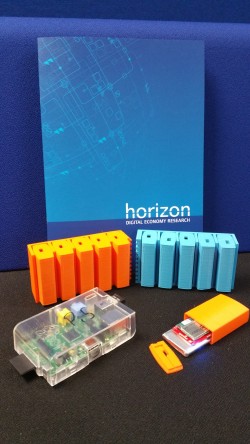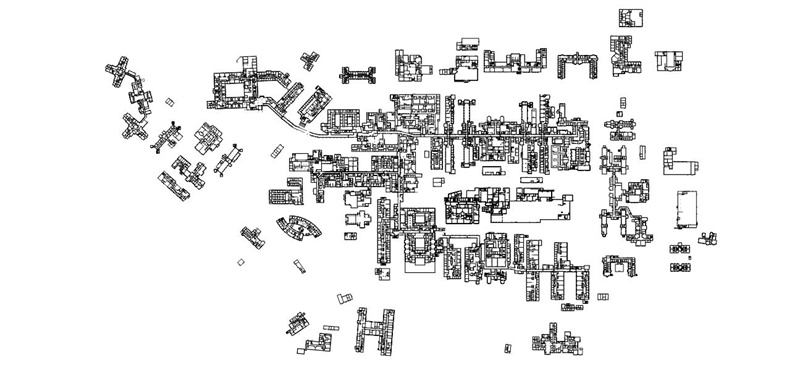 For more than 75% of the week hospitals operate in an ‘out of hours’ mode with a small number of doctors covering a very large number of patients. In one hospital there are typically 5-7 doctors covering up to 36 wards (excluding emergency admissions). These doctors are working in a stressful environment, performing complex tasks and making difficult task prioritisation decisions. They must simultaneously navigate a large often unfamiliar site to locate wards, patients, other staff and equipment.
For more than 75% of the week hospitals operate in an ‘out of hours’ mode with a small number of doctors covering a very large number of patients. In one hospital there are typically 5-7 doctors covering up to 36 wards (excluding emergency admissions). These doctors are working in a stressful environment, performing complex tasks and making difficult task prioritisation decisions. They must simultaneously navigate a large often unfamiliar site to locate wards, patients, other staff and equipment.
This project will investigate the use of ‘locative and tasking’ informatics to learn more about clinical behaviour in out-of-hours secondary care settings, in order to drive improvements in safety, efficiency and effectiveness. The informatics system developed by the University of Nottingham team can capture data on clinical tasks, including the type, timing and location of activities, without the need for traditional direct observation.
The team will link the informatics system with additional hospital datasets to provide clinicians and service managers with high quality information for managing processes such as task allocation, clinical training and people management. The overall aim of the project is to reduce mortality in out-of-hours secondary care and improve patient outcomes.

Partners: Nottingham University Hospitals NHS Trust, Liverpool School of Tropical Medicine, Aintree NHS trust Liverpool, Royal Victoria NHS Trust Blackpool , The Royal College of Physicians
For more information, see the WayWard website















